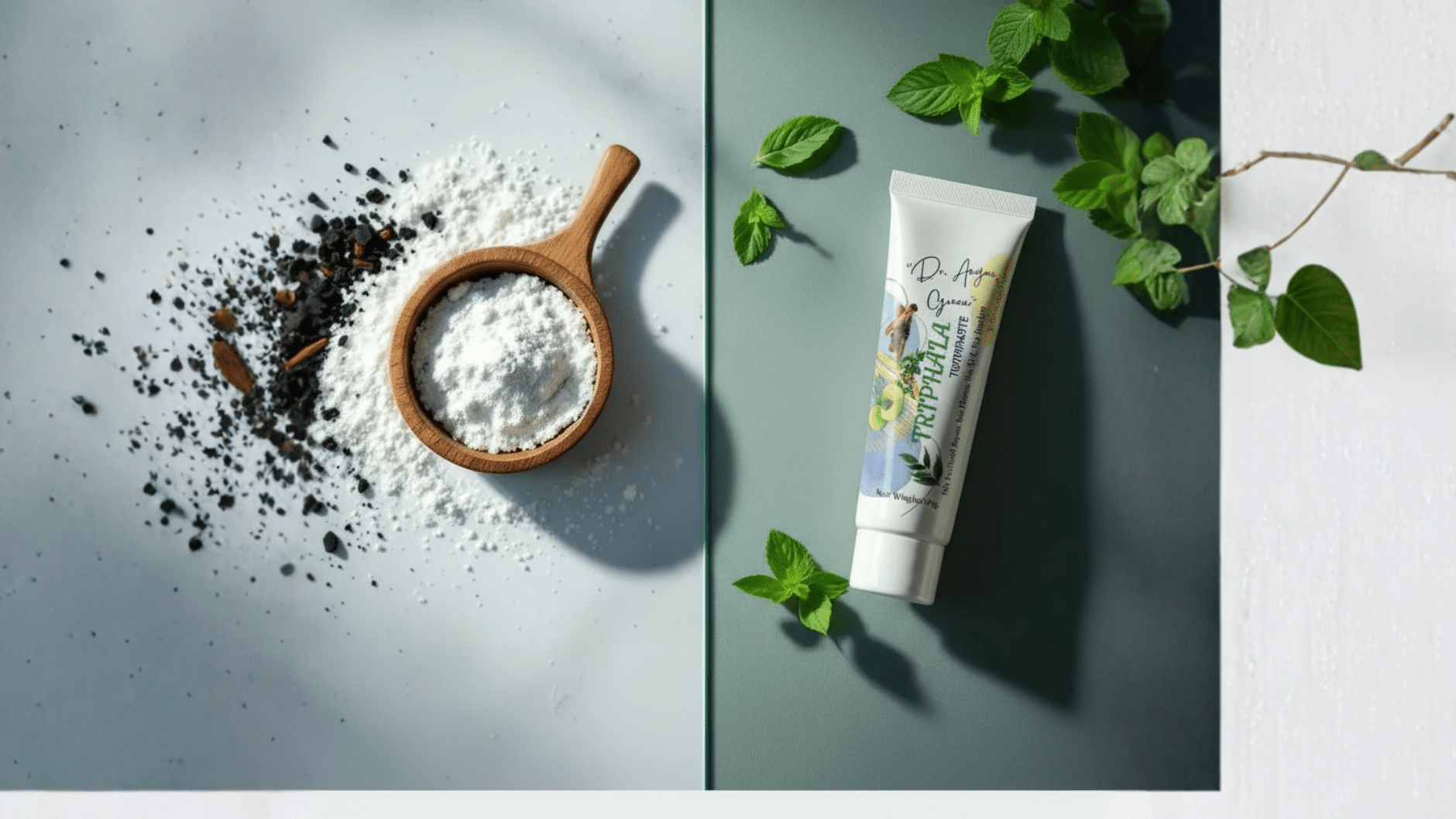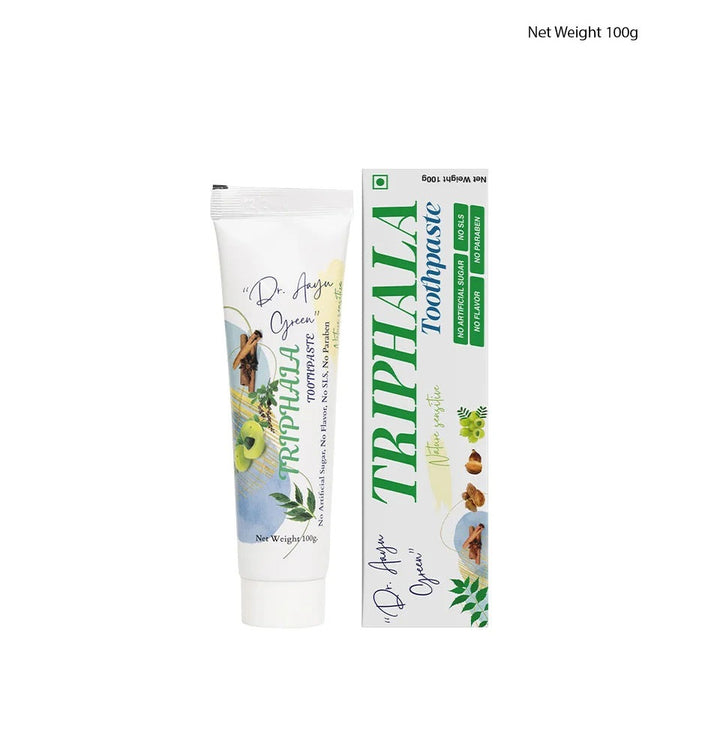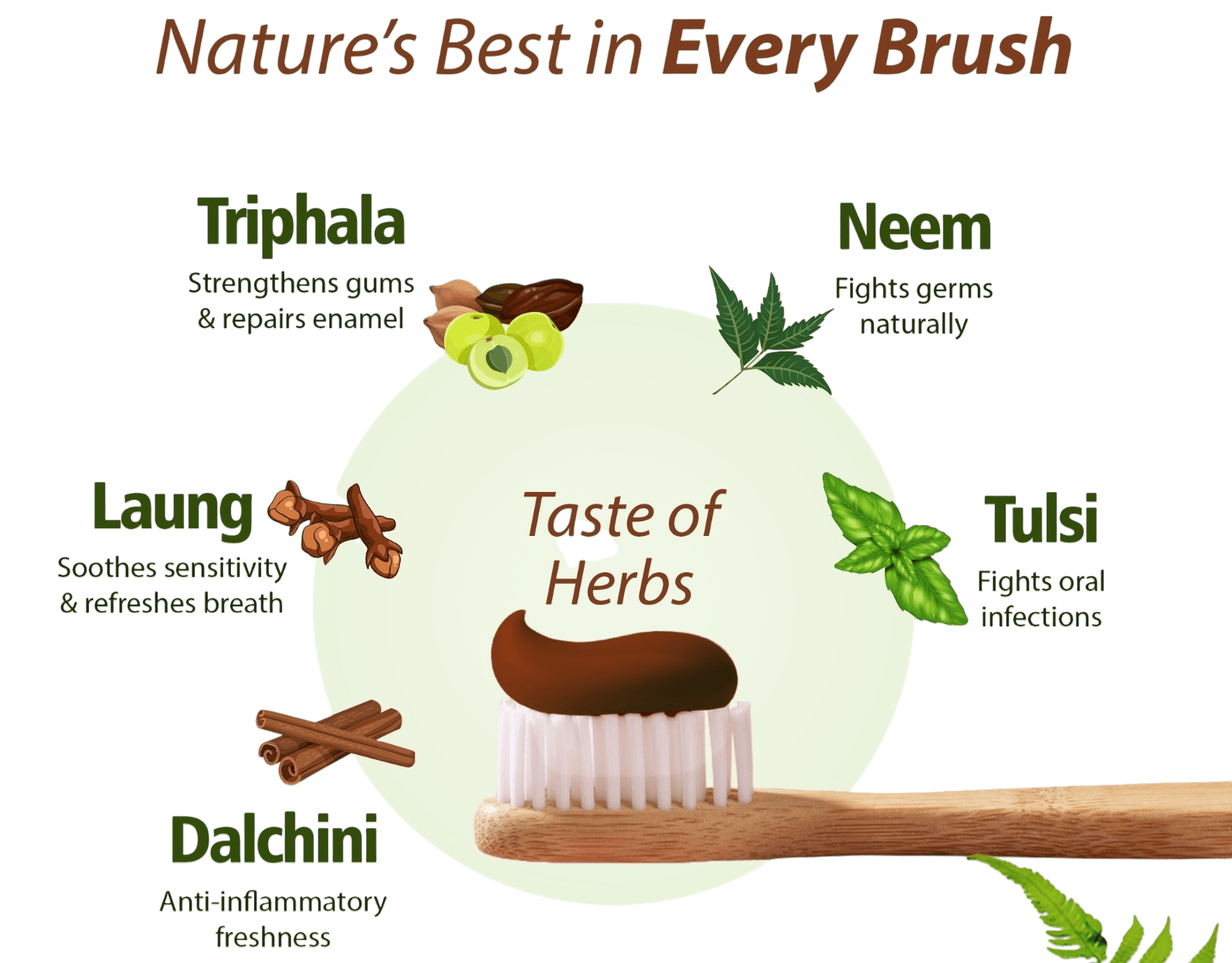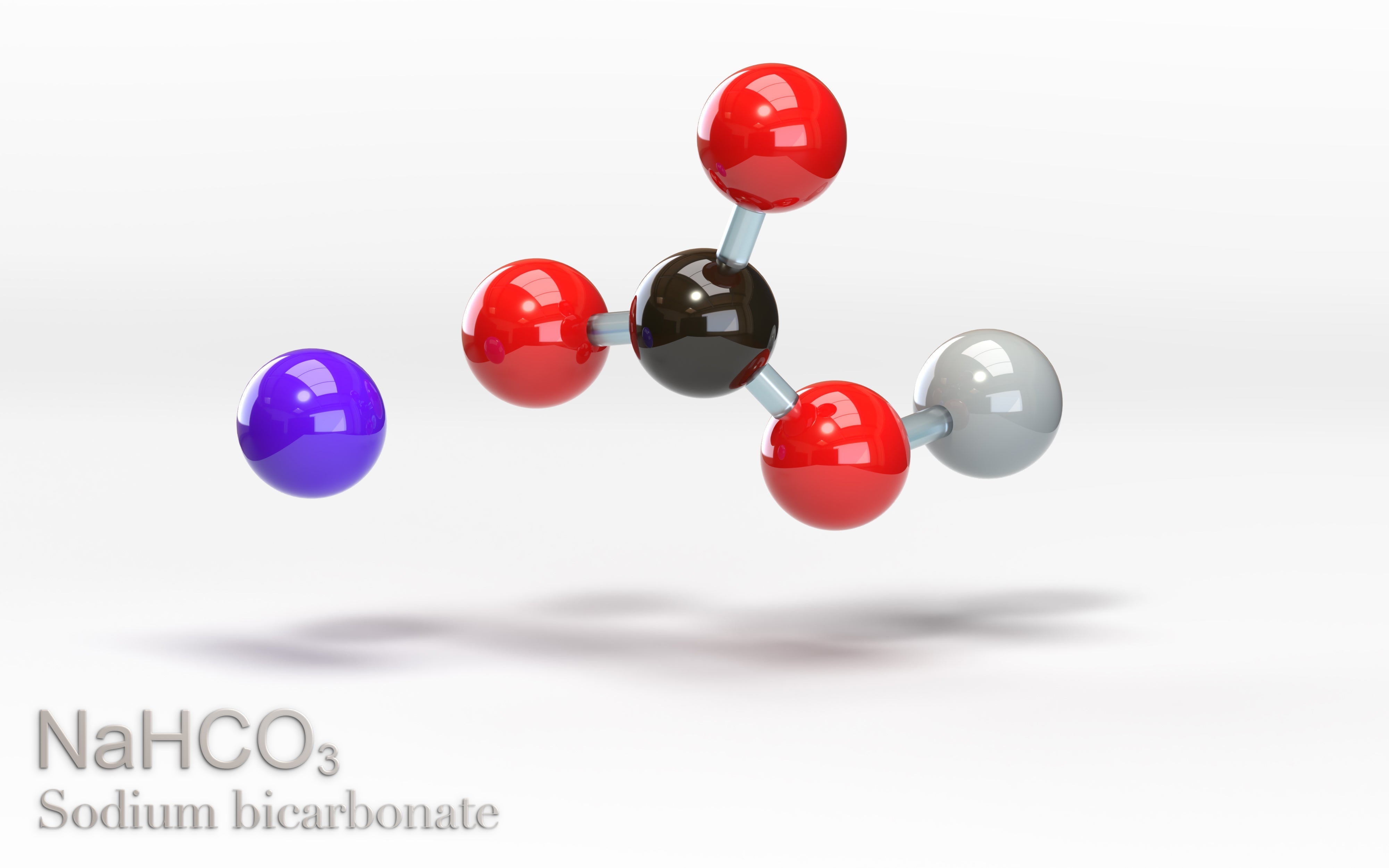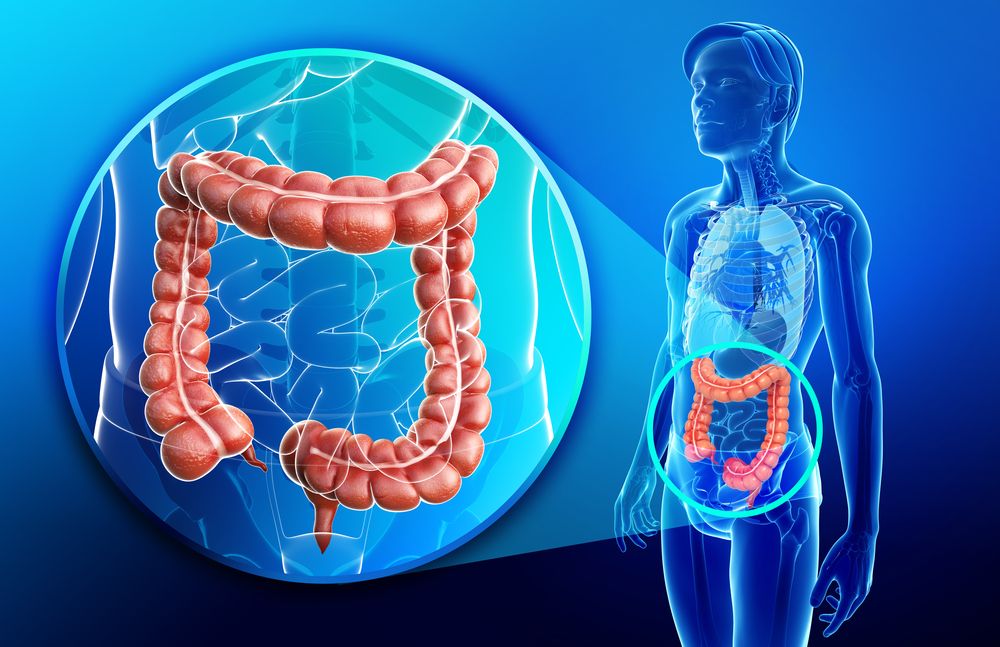When it comes to oral hygiene, the debate between tooth powder vs toothpaste has been ongoing for centuries. Did you know that a 2024 survey found 45% of Indian consumers prefer natural oral care options like tooth powder for its chemical-free benefits? Both products are widely used today, but they differ in composition, effectiveness, and overall oral health benefits.
In this blog, we’ll explore:
· Pros and cons of tooth powder
· Benefits of toothpaste
· How to use tooth powder effectively
· Why Ayurvedic tooth powder is a natural option gaining popularity
Here’s everything you need to know for a healthier smile.
What Is Tooth Powder?
Tooth powder is a dry, powdered dental cleanser made from natural ingredients like herbs, clays, and minerals. It’s used instead of toothpaste to:
· Clean teeth
· Freshen breath
· Support oral health naturally
Ayurvedic tooth powder is especially popular in India. It’s made with herbs like neem, clove, and licorice, which have been used for centuries in traditional medicine to promote gum health, cavity prevention, and fresh breath.
Tip for Beginners, Children & Teens: Start with mild Ayurvedic powders containing natural sweeteners like licorice (mulethi) to make brushing safe and enjoyable.
History of Tooth Powder
For instance, ancient civilizations like Egyptians, Greeks, and Romans used powdered cleansers made from crushed bones, ashes, and herbs.
· In India, Ayurvedic tooth powder has been a staple for centuries.
· Modern formulas may include activated charcoal or baking soda for extra stain removal and whitening.
Did you know? Studies suggest activated charcoal in tooth powder can reduce surface stains by up to 30% — a statistic that shows its growing effectiveness and appeal.
Comparison: Tooth Powder vs Toothpaste
Here’s a clear breakdown of the comparison tooth powder vs toothpaste:
Ingredients
· Tooth Powder: Herbs, clays, activated charcoal, baking soda
· Toothpaste: Fluoride, detergents like sodium lauryl sulfate (SLS), and other chemicals
Fluoride Content
· Tooth Powder: Mostly fluoride-free, appealing to natural oral care enthusiasts
· Toothpaste: Contains fluoride, which helps prevent cavities and maintain oral health
Abrasiveness
· Tooth Powder: Natural abrasives like baking soda remove surface stains effectively, but overuse can harm enamel
· Toothpaste: Generally gentler on enamel
Taste & Texture
· Tooth Powder: Herbal or earthy; may take time to get used to
· Toothpaste: Smooth, creamy, minty — familiar and easy to use
Pros and Cons of Tooth Powder
Pros
· Natural Ingredients: Fewer chemicals and artificial additives
· Eco-Friendly: Often comes in biodegradable or recyclable packaging
· Cost-Effective: Powder lasts longer than paste
· Stain Removal: Effective for surface stains, especially with activated charcoal or baking soda
· Holistic Oral Health: Ayurvedic tooth powder supports gum health, fresh breath, and gingivitis prevention
Cons
· Lack of Fluoride: May not provide the same cavity protection as fluoride toothpaste
· Potential Abrasiveness: Overuse can damage enamel
· Taste: Herbal or earthy flavor may not appeal to everyone initially
· Learning Curve: Requires gentle brushing technique and careful measurement
How to Use Tooth Powder
Here’s a simple, mobile-friendly guide:
· Wet your toothbrush lightly
· Dip into the powder to coat bristles lightly
· Brush gently in small circular motions for 2 minutes
· Rinse thoroughly and clean your toothbrush
Pro Tip: Start with a pea-sized amount and increase gradually as your palate adjusts.
Stain Removal: Tooth Powder vs Toothpaste
Let’s have a look at stain removal with powder vs toothpaste:
· Tooth Powder: Slightly more effective due to natural abrasives like activated charcoal and baking soda
· Toothpaste: Gentler on enamel while still cleaning effectively
Note: Overuse of tooth powder may increase enamel wear. Moderation is key.
Conclusion
Choosing between tooth powder vs toothpaste depends on your oral health goals:
· Choose Ayurvedic tooth powder for a natural, chemical-free, eco-friendly option
· Choose fluoride toothpaste if cavity prevention is a top priority
As TickMyHealth suggests, both options are beneficial. Select the one that aligns best with your lifestyle and oral care routine. Consult your dentist to ensure you’re making the best choice for your teeth and gums.
Quick Facts Recap
· �� 45% of Indian users prefer natural tooth powder for chemical-free oral care (2024 survey)
· �� Ayurvedic tooth powder supports holistic oral health, including gum care and breath freshness
· �� Activated charcoal in tooth powder reduces surface stains by up to 30% in lab studies
· �� Mild herbal powders are safe for children and teens

